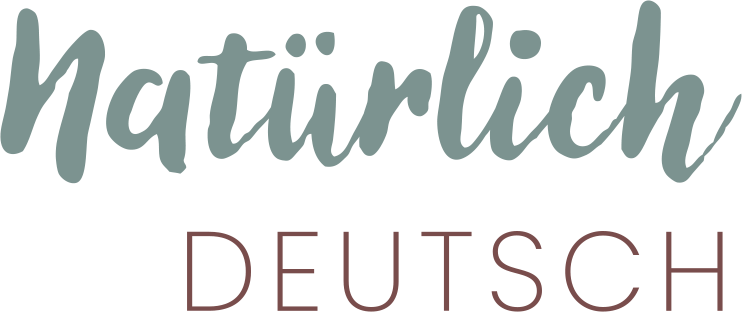Useful expressions and phrases for traveling to Germany
- ANDRAINA ROCKSTROH
- Apr 7, 2025
- 2 min read

Traveling to Germany can be a wonderful experience, but the language can be challenging if you don't master it. Although many people speak English, especially in large cities and tourist areas, knowing a few German phrases can make communication easier and show interest in the local culture.
Upon arrival, the first thing you'll need to do is greet and introduce yourself. In Germany, the most common greeting is "Hallo," an informal way of saying "hello." If you want to be a little more formal, you can use "Guten Tag," which means "good day" and is appropriate in almost any situation. In the morning, it's common to say "Guten Morgen," while in the evening you can use "Guten Abend." If you want to ask how someone is, you can say "Wie geht es Ihnen?" if you're addressing someone formally, or "Wie geht's?" in more informal situations.
One of the most common situations while traveling is asking for directions. If you need to know where a place is, you can ask "Wo ist…?" followed by the name of the place you want to go. For example, "Wo ist der Bahnhof?" means "Where is the train station?" If you need to buy a transport ticket, a useful phrase is "Eine Fahrkarte nach… bitte," which translates to "A ticket to… please." Also, if you need to ask how much something costs, you can say "Wie viel kostet das?"
When you arrive at a hotel, it's helpful to know how to check in. You can say "Ich habe eine Reservierung," which means "I have a reservation." If you haven't booked a room yet and need to know if there's availability, you can ask "Haben Sie ein Zimmer frei?", which means "Do you have a room available?" To ask how much a night costs, you can use "Wie viel kostet eine Nacht?"
If you're going to a restaurant, the first thing you'll need to do is ask for the menu. The phrase "Die Speisekarte, bitte" means "The menu, please." Once you've chosen what you want to eat, you can say "Ich möchte bitte…" followed by the name of the dish. For example, "Ich möchte bitte eine Suppe" means "I would like a soup, please." If you follow a specific diet, you can indicate this by saying "Ich bin Vegetarier" if you are vegetarian or "Ich bin Veganer" if you are vegan. When you're finished eating, the check is called by saying "Könnte ich bitte die Rechnung haben?"
Finally, it's important to know a few phrases in case of an emergency. If you need help, you can say "Ich brauche Hilfe." If you lost something, you can say "Ich habe meine Tasche verloren" to indicate that you lost your purse. In a more serious situation, you can ask for a doctor by saying "Refen Sie bitte einen Arzt!"
These phrases can be very useful in different situations during your trip and will make the experience much easier and more enjoyable.





Comments